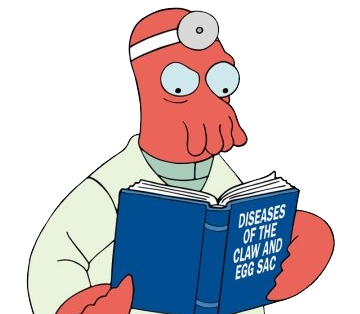If you lower high cholesterol do you get mild cholesterol?
You get “normal” cholesterol :P
where can I sign up?
Write your name and address on a standard letter paper along with your request. Add to that a cashier’s check for $4M and take it to the CEO of Verve Therapeutics, sign a few papers see some
quacksdoctors who will provide the necessary certifications, and I’ll bet he can get you into the next trial phase.
revolutionary for genetic high cholesterol. had a friend who had this and his drugs had many side effects. Need a revolution in business motives that keep making treatments hyper expensive. CEOs are always greed incarnate. How does Mayo clinic resist the pattern(been to Rochester, MN. Amazing group)?
“However,” he continues, “the convenience of one treatment that can fix the disorder permanently is extremely attractive.”
no profit motive in that
This gene is already targeted by injected drugs but they are very expensive.
“PCSK9 has medical importance because it acts in lipoprotein homeostasis. Agents that block PCSK9 can lower LDL particle concentrations. The first two PCSK9 inhibitors, alirocumab and evolocumab, were approved as once every two week injections, by the U.S. Food and Drug Administration in 2015 for lowering LDL-particle concentrations when statins and other drugs were not sufficiently effective or poorly tolerated. The cost of these new medications, as of 2015, was $14,000 per year at full retail; judged of unclear cost effectiveness by some.”
I’d love to see the health outcomes of this sort of approach in general. One thing that has always irked me though is that we don’t directly test for cholesterol, we test for the expression of cholesterol carrier protein, and as far I know, don’t distinguish Apo versus Holo. Just presuming that expression scales linearly with cholesterol levels with no deviations for genetics (among other factors) just feels like an enormous leap of faith.








